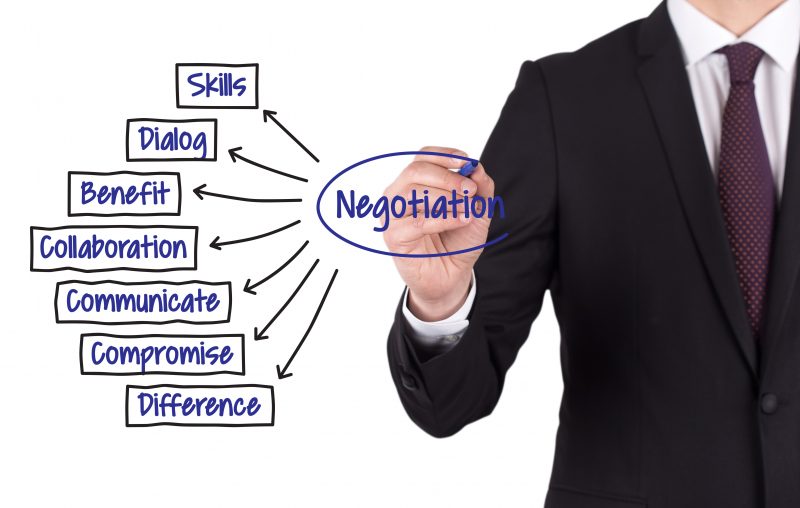Negotiation is an essential skill in both personal and professional life. Whether you're discussing a salary raise with your boss, closing a business deal, or working to reach a divorce settlement agreement, the ability to negotiate effectively can make a significant difference in the outcome. While many factors contribute to successful negotiation, one stands out as paramount: communication.
Effective communication forms the foundation of any successful negotiation. It's the tool that allows you to build rapport and establish trust with the other party. When both parties trust each other, they are more likely to share information, be transparent about their needs and constraints, and work collaboratively to find solutions. To build trust through communication, it's crucial to be a good listener. By actively listening to the other party, you can understand their perspective, identify their priorities, and demonstrate empathy. When people feel heard and understood, they are more likely to open up and cooperate.
Negotiation often involves parties with different objectives and interests. Effective communication helps clarify these objectives and interests, allowing both parties to find common ground. Through open and honest discussions, negotiators can uncover shared goals and areas where compromise is possible. Additionally, communication allows negotiators to prioritize their objectives and understand which issues are non-negotiable and which are flexible. This clarity helps in making informed decisions during the negotiation process.
Negotiation is essentially a problem-solving process. To arrive at mutually beneficial solutions, both parties must communicate their needs and concerns effectively. Communication enables the exchange of ideas, brainstorming of creative solutions, and the exploration of alternatives. By fostering an environment where ideas can be freely discussed, negotiation becomes a collaborative effort rather than a confrontational one. Effective communication can turn seemingly insurmountable problems into opportunities for compromise and innovation.
Negotiations can be emotionally charged, especially when there are high stakes involved. Effective communication plays a crucial role in managing emotions on both sides. Skilled negotiators use communication to defuse tension, avoid confrontations, and keep the negotiation process constructive. When we acknowledge and address emotions openly and empathetically, negotiators can create a more comfortable and productive atmosphere for reaching agreements.
Ultimately, the goal of negotiation is to reach an agreement that satisfies both parties. Effective communication is critical in the final stages of negotiation when the deal is being closed. It ensures that all terms and conditions are clearly understood, preventing misunderstandings or disputes in the future. Good communication can help negotiators negotiate the final details and overcome any remaining obstacles to a successful agreement.
Effective communication is the lifeblood of successful negotiation. It underpins the entire process, from building trust and understanding objectives to solving problems and closing deals. By honing your communication skills, you can become a more effective negotiator, capable of reaching mutually beneficial agreements and building lasting relationships. So, remember, in the world of negotiation, what you say and how you say it can make all the difference.



